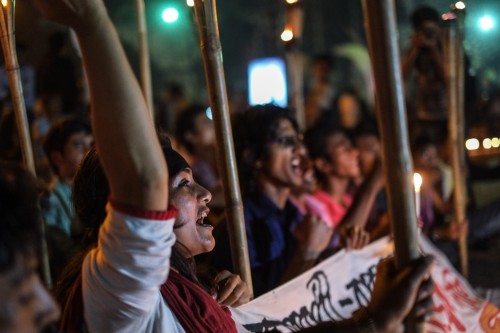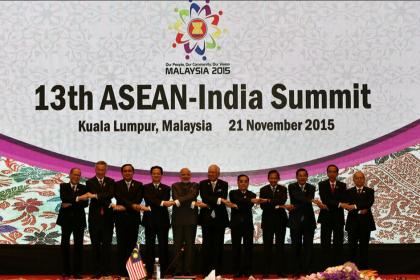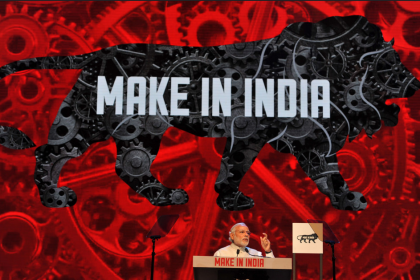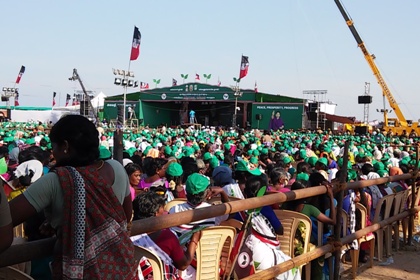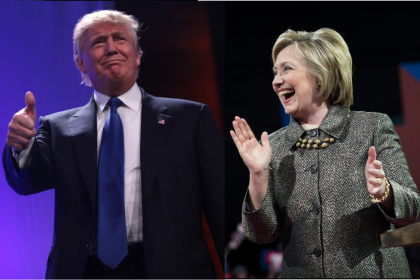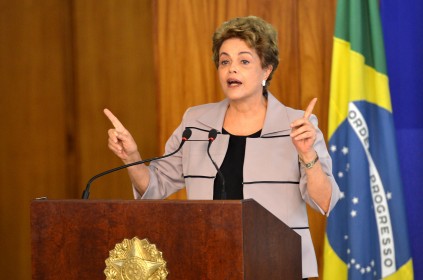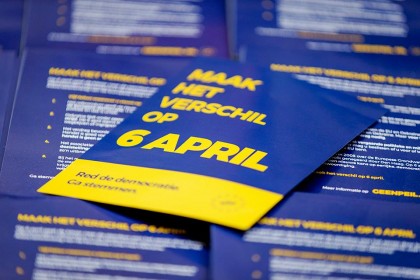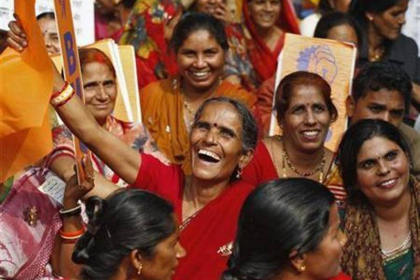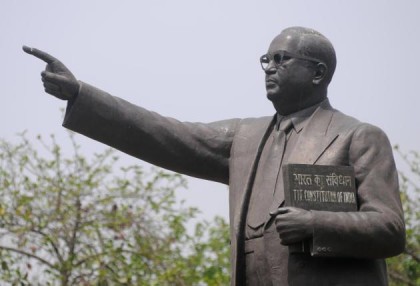Nizami hangs: Bangladesh on a new edge?
With the possibility of the Jamaat-e-Islami being officially banned through a resolution in the Bangladesh parliament, what will happen to its followers and activists? Will it cease to exist as a political and ideological force or, in the absence of a political platform, will its ideological followers strive to find alternate ways to make their existence felt?

